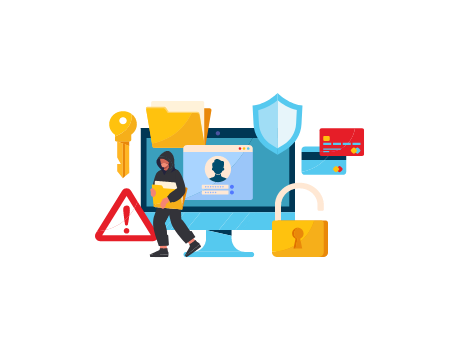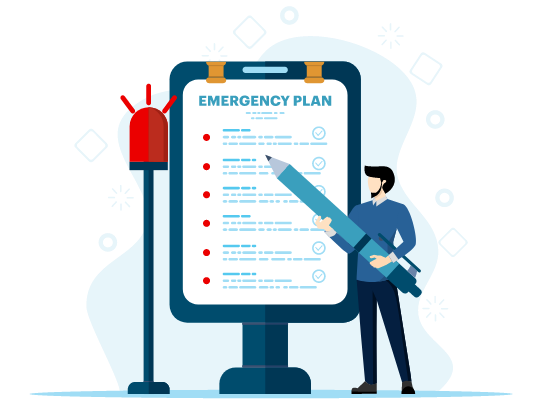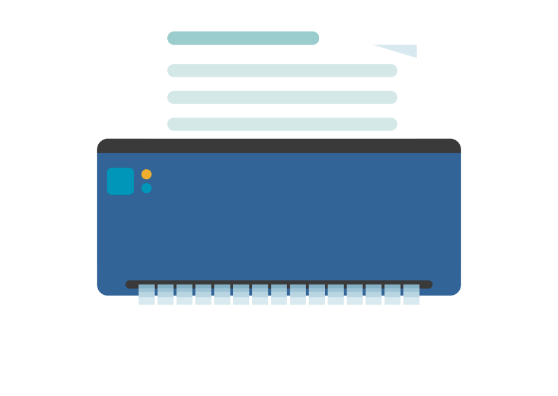
Top Results

Thieves have turned old tricks into online scams. Every day, unsuspecting people are the targets of fake offers and get-rich-quick schemes both offline and online. The Federal Trade Commission says millions of people have sent money or turned over personal account details to strangers. Use these tips to help you spot common scams so you do not become a statistic.
Tech support scams
Pay now for a promise later. You get a call warning you your computer needs an immediate software patch. Without it, they say, your machine is at risk of failing. The caller promises later reimbursement from the original software manufacturer, if you pay them today to fix the problem.
Because this is a scam that does not actually involve the original software manufacturer, the money you pay the scammer will not be reimbursed, and they could even be installing malware to corrupt your system or access your accounts.
Protect your accounts and your computer by only allowing remote access from the following sources:
- The original company where the device was purchased
- A retail tech support company
- Your internet service provider
Make sure you initiate the remote session with the company you choose.
If it’s free, it’s for me. An online ad pops up telling you to install and update security software on your computer. The “free security scan” claims to find problems. Then you’re prompted to buy the software to fix your system.
If you pay, you could become caught in a loop of recurring problems identified by the software. You will be asked to pay for fixes again and again, especially if you paid to fix a nonexistent problem from the beginning. Either way you will lose money.
It is important you know what legitimate security software is installed on your machine. If it is active and up to date it will spot and correct potential threats. If in doubt, ask for security software recommendations from the retailer where you purchased your device. Friends and family, or even your online service provider, may have recommendations.
Email scams
A deal too good to pass up. Here’s the setup: You deposit a check from an unverified sender into your personal account and wire some of the funds back to them. For your participation, you get to keep the majority of the money. Sounds easy enough, right?
Unfortunately, the scammer keeps your hard-earned money. And you are left paying back the full amount of the check.
By law, financial institutions must make funds from deposited checks available within a few days. Discovering a fake check can take weeks. If you deposit a check that turns out to be fake, you’re responsible for repaying the funds. If you are unfamiliar with the sender, do not accept their check.
Gone phishing. Phishing scams are fake emails, texts or calls sent to steal your information. The email may look like it is from someone or an organization you know. You will often see a request like this:
"We suspect an unauthorized transaction on your account. To ensure your account is not compromised, please click the link below and confirm your identity."
Criminals use the link to collect personal data like passwords, credit card numbers and login credentials. Then they make charges or commit crimes in your name. The link could also infect your machine with malware.
Think before you click. If you are not expecting an email from the sender or if the request seems odd, do not respond and delete the email immediately. Be aware of the companies you do business with. It will help you better spot fake business emails.
Reputable companies will never ask you to verify your personal or confidential information by common email providers. With Civic, members can send and receive secure emails through the mobile app.
When visiting any financial or online retail site, look for a lock icon placed before the URL. Typically, you can click on the lock, and it will tell you the website is encrypted. Then confirm the URL begins with https: (the "S" stands for secure) and indicates your data transfer is encrypted for safety.
Help make the internet safe for everyone
Use this simple reminder phrase to do your part to make the internet safer and more secure:
Stop. Think. Connect.
- Stop. Before you connect, take time to understand the risks and learn how to spot potential red flags.
- Think. Watch for warning signs and consider how your online actions could impact your safety or your family’s safety.
- Connect. Surf the web with greater confidence. You will sleep better knowing you have taken the right steps to safeguard yourself and your devices.
Learn more about online safety from the National Cyber Security Alliance at StaySafeOnline.org





